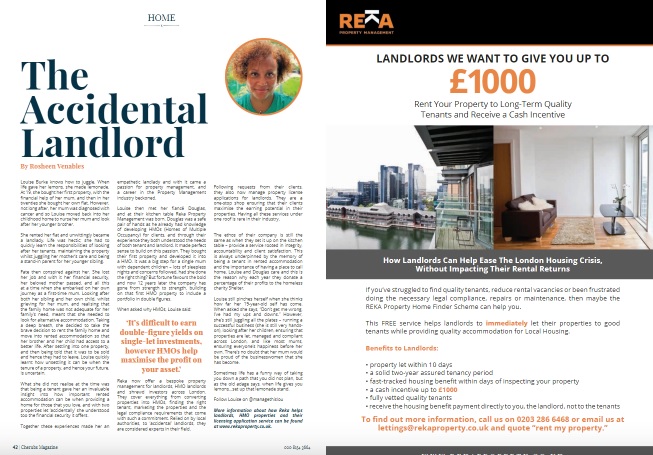Content Insurance – your responsibility or mine?

When you live in an HMO, or house or flat share you’re used to sharing things – that pint of milk, the Wi-Fi password and maybe some of your utility bills. But when it comes to Contents Insurance do you share that? Or are you thinking, like some tenants that we deal with, that it falls under the landlord’s responsibility because they arrange the Buildings Insurance? Yeah? Actually, it’s a No. And the repercussions to this assumption can be far reaching if some of your belongings get damaged or stolen and you suddenly realise that you’re not covered.
Often all your belongings are in one room – so what happens if there is a fire? or a leak from the bedroom upstairs which damages your electrical gadgets? Who is responsible? Who makes the claim? It pays (literally) to know about Renters/Tenants Content Insurance and Contents Insurance because sometimes the unthinkable happens.
Let’s start with the basics: what is Content Insurance?
This insurance protects your personal belongings and will replace or repair your possessions if they are lost, damaged or stolen. It includes things such as your furniture, kitchen appliances, soft furnishings, clothes, jewellery, phones, televisions and computer equipment. Basically, anything not attached to the building. It is up to you to organise this. It is not the responsibility of the landlord.
Your landlord will be responsibility for the building and permanent fixtures and fittings, and whilst they may have Contents Insurance for the property, this will probably only cover the items they own, such as carpets, white goods and furniture. You should therefore consider taking out your own Contents Insurance.
If you live in an HMO, you may wish to discuss with the other tenants about taking out a joint Content Insurance Policy. As the name suggests, this one policy will cover all tenants, however, be mindful that some tenants may not be as reliable with paying the premiums, that personal circumstances can change mid-way through the tenancy, and your claims history will not be separate. Useful to have if you do decide to take out your own policy in the future.
Renters & Tenants Content Insurance
This is an insurance that protects your possessions from flood, fire, storms, subsidence, burst pipes, water leaks but also covers you for accidental damage of your landlord’s possessions. Again, this is not mandatory, but it’s good to have.
How do you get Contents/Renters & Tenants Content Insurance?
The comparison websites are a good place to start. Check the small print, make sure that you’re happy with the excess levels (this is the amount that you will have to pay if you make a claim) and be honest about your possessions and what is covered. It does pay to shop around. Remember that it is only when you make a claim that you realise how good your policy is, so make sure you understand what is covered and what is not. You can pay for your insurance policy as a one-off payment or as a direct debit.
What happens if my things are damaged by a fire or a flood that wasn’t my fault?
This happens more than you think. Escape of water is the most common claim that insurers see and if you live in a shared property and a water leak drips down into your room and destroys your television or laptop, who is to blame, and can you make a claim?
Your landlord is responsible for repairing any damage that a water leak, flood or fire has caused to you home. This is because there is a term implied in your tenancy agreement which states that they are responsible for keeping certain things in repair. It includes keeping the structure of your home in repair such as walls, ceilings, and plasterwork.
But what about your possessions?
Put simply, if your landlord was not responsible for the flood, fire or leak, then they are not responsible for covering the costs of replacing your possessions. In this situation you will have to make a claim on your own policy for this. Check the small print of your insurance policy to ensure that you are covered for this.



